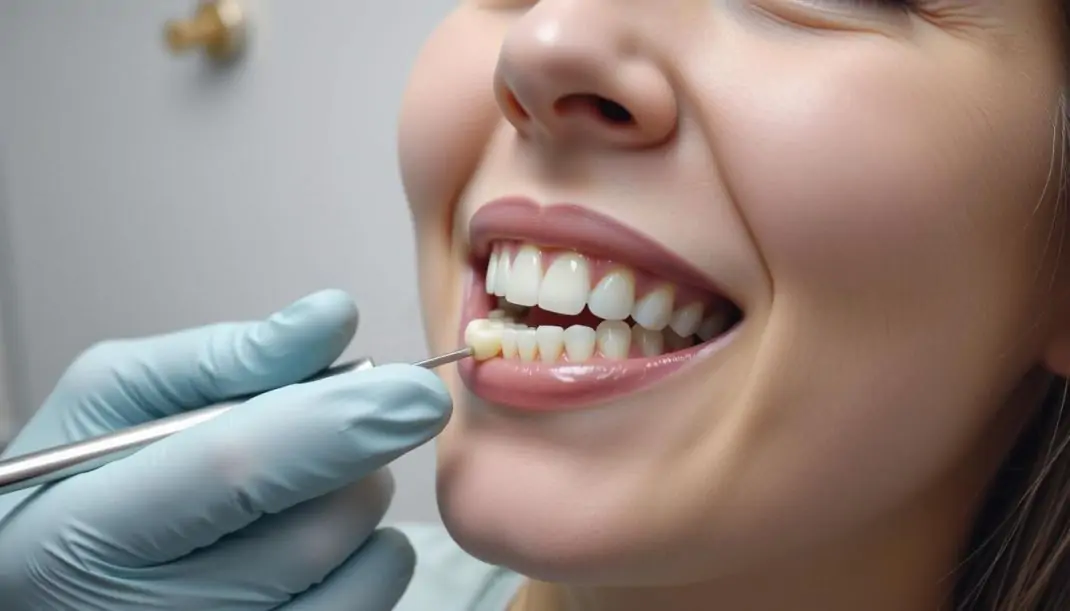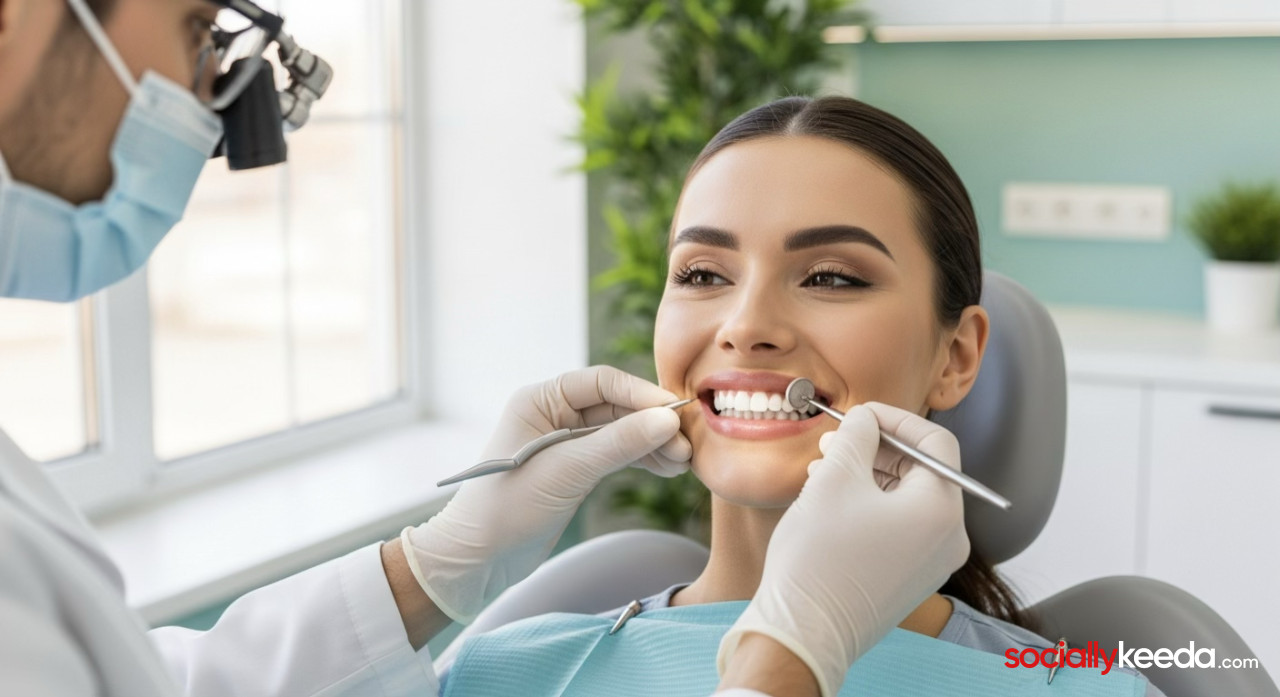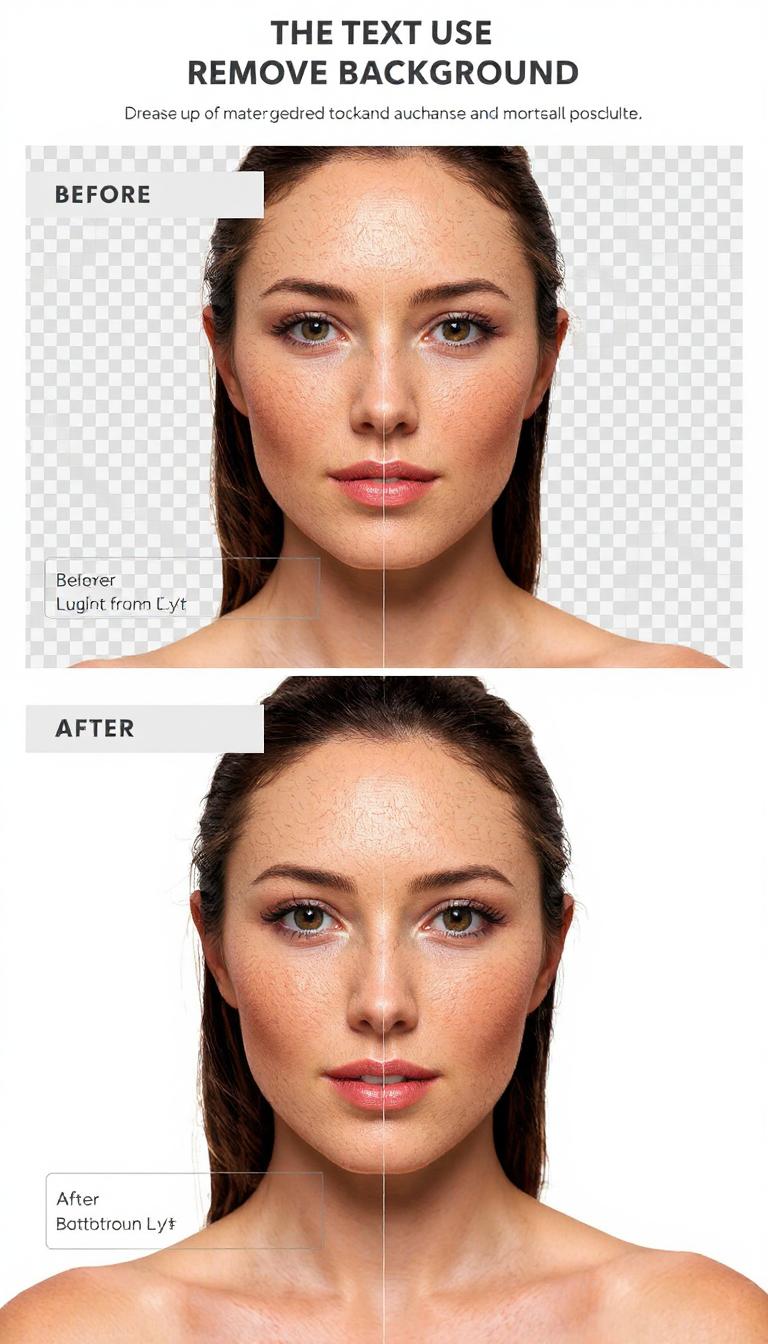Tanned skin, while beautiful, can sometimes lead to uneven pigmentation, dark spots, and a dull complexion. Whether caused by extended sun exposure or simply spending time outdoors, a tan can leave your skin looking uneven and lifeless. The good news is that with the right skincare routine, you can effectively fade a tan and restore your skin’s natural radiance. A targeted skincare regimen that focuses on hydration, brightening, and even skin tone can make a significant difference, leaving your skin feeling refreshed, rejuvenated, and glowing.
1. Start with a Gentle Cleanser: Vitamin C Face Wash
The first step in any skincare routine is cleansing. For tanned skin, it's essential to use a cleanser that not only cleanses the skin but also brightens and evens out your skin tone. A Vitamin C face wash is a perfect choice for this. Vitamin C is known for its brightening and anti-pigmentation properties, which can help fade the tan and prevent further skin damage caused by the sun.
Using a Vitamin C-infused face wash helps boost collagen production, lighten dark spots, and promote an even skin tone. Look for a face wash that gently exfoliates while cleansing, removing any dirt, sweat, and sunscreen residues from your skin without stripping it of its natural oils.
2. Exfoliate with a Tan Removal Scrub
Exfoliation is a vital step to remove dead skin cells and promote the regeneration of new skin, helping to lighten a tan. A gentle scrub with natural exfoliants will not only remove the top layer of tanned skin but also reveal a brighter, healthier complexion.
Choose an exfoliator with mild ingredients such as sugar, rice powder, or oatmeal. You can exfoliate your face 2-3 times a week, but avoid harsh scrubs that may irritate your skin. Regular exfoliation helps to break down the skin cells, making it easier for other skincare products, such as moisturizers and masks, to penetrate effectively.
3. Use a Tan Removal Face Mask
To speed up the tan removal process, incorporating a tan removal face mask into your routine can be a game-changer. Face masks specifically formulated to target pigmentation and uneven skin tone can provide more intense hydration, deep cleansing, and skin-brightening effects.
Look for face masks that contain ingredients like lactic acid and kaolin clay. These ingredients are known for their skin-brightening properties and can effectively lighten a tan over time. Apply the mask once a week for optimal results. If you prefer an overnight mask, you can look for products with hyaluronic acid, which will hydrate and rejuvenate the skin while you sleep.
4. Tone and Hydrate with a Vitamin C Toner
After cleansing and exfoliating, it’s important to tone your skin. A toner not only helps tighten the pores but also restores the skin’s natural pH balance. For tanned skin, a Vitamin C toner is a great addition to your skincare routine. Vitamin C helps brighten and reduce the appearance of pigmentation, leaving your skin feeling fresh and smooth.
Toners with soothing ingredients like rose water, witch hazel, or green tea can also calm and hydrate your skin, ensuring it doesn’t dry out after cleansing and exfoliating.
5. Apply a Skin-Soothing Serum
For a brighter complexion, incorporate a skin-brightening serum into your skincare routine. A serum rich in Vitamin C or niacinamide can effectively fade dark spots and pigmentation caused by tanning. Niacinamide also helps even out skin texture, leaving your face looking radiant and rejuvenated.
Apply a few drops of serum to your face after toning, and gently massage it into your skin using upward strokes. This will allow the serum to absorb deeply, promoting skin regeneration and minimizing hyperpigmentation over time.
6. Don’t Skip the Moisturizer
Even if you have tanned skin, it’s essential to keep your skin moisturized. Hydration is key to maintaining a smooth texture and preventing dryness, which can accentuate uneven skin tones. Opt for a hydrating moisturizer that contains ingredients like glycerin, hyaluronic acid, or aloe vera.
You may want to look for a moisturizer with additional sun protection for daytime use. A moisturizer with SPF will help prevent further tanning and protect your skin from harmful UV rays, which can worsen pigmentation and dark spots.
7. Use Sunscreen Daily
Sunscreen is the most crucial step in any skincare routine, particularly for tanned skin. Even if you’ve already developed a tan, sun exposure can worsen pigmentation, leading to an uneven and darker skin tone. Apply a broad-spectrum sunscreen with at least SPF 30 every morning, even if you’re staying indoors.
Look for a sunscreen that suits your skin type, whether it’s oily, dry, or combination. If you prefer a sunscreen that doubles as a moisturizer, choose one with hydrating ingredients to prevent your skin from becoming too dry in the sun.
8. Night Care: Restore and Repair
Nighttime is when your skin does most of its healing and repairing. Incorporate a rich, nourishing night cream that supports skin regeneration while you sleep. A night cream with antioxidants and peptides can help repair sun-damaged skin, fade dark spots, and reduce the appearance of pigmentation.
Look for a night cream that contains ingredients such as retinol, Vitamin C, and hyaluronic acid. These ingredients work together to improve skin texture, lighten tan, and enhance collagen production.
Conclusion
Achieving a tan-free and radiant complexion requires consistency, patience, and the right products. A skincare routine that includes gentle cleansing with a Vitamin C face wash, exfoliation, a nourishing tan removal face mask, toning, hydrating, and sun protection will help restore your skin’s natural glow.
While there are many options to treat tanned skin, the key lies in using products with brightening ingredients like Vitamin C, niacinamide, and natural exfoliants. By sticking to a regular skincare regimen, you'll begin to see a noticeable improvement in your skin’s tone and texture, leaving you with a smoother, more even complexion in no time.



















